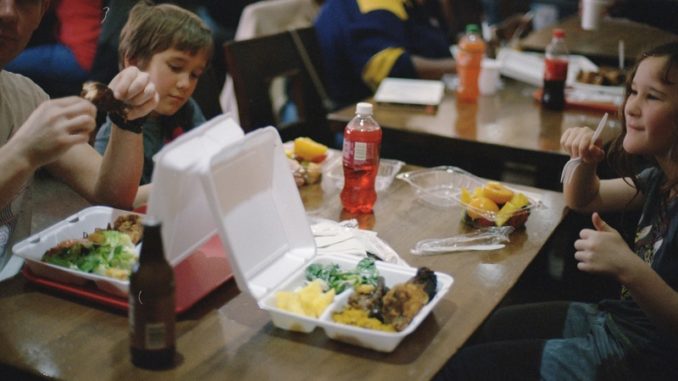
Published in El Pais, January 11th 2020.
When evaluating government programs in Bolivia, the school breakfast program should also be evaluated. Not to cancel it or criticize it but to make it better. With the data obtained from our CERCA food project, overweight and childhood obesity reach 40% together and there is a high number of children and adolescents who arrive without breakfast at school (25% in primary school children and 45% in adolescents of high school).
Por esta razón, es importante buscar estrategias para mejorar este programa. Las estrategias deberían estar orientadas a mejorar la salud de los niños, pero también de enseñarles a elegir mejores opciones alimenticias.
France has had a school food program for several years now. For this program, the infrastructure of different schools had to be adapted so that there is a restaurant inside the school so that students can have breakfast and lunch healthy food at a very low price.
A part of the cost is subsidized by the municipality. Each year, the program intervenes in different fields such as: school food supply; nutrition programs in education; nutritional education, taste and consumption; the practice of physical activity; the prevention of problems of overweight and obesity, anorexia, eating disorders; and sustainable agriculture. At the beginning of 2004, there were 133.838 guests and by 2015 it increased to 350.200, which demonstrates the trust of families, but also shows a great challenge to make it sustainable.
In 2019, a free school breakfast for families with limited resources has been implemented in some pilot schools in France. At the end of 2020 the results can be evaluated, but from now on, you can have a healthy breakfast that contributes to the improvement in education and health. Bolivia can learn from this experience and get better. Bolivia took already the most important step with the creation of a budget to grant the school breakfast. Now we just have to improve it.
The lack of infrastructure to have a real restaurant means that instead of granting a real meal, snacks or fast food are delivered. Another aspect to consider is that, therefore, public and private schools have the same feeding problem and children and adolescents from private schools are now deprived of the right to have access to good food.

Be the first to comment